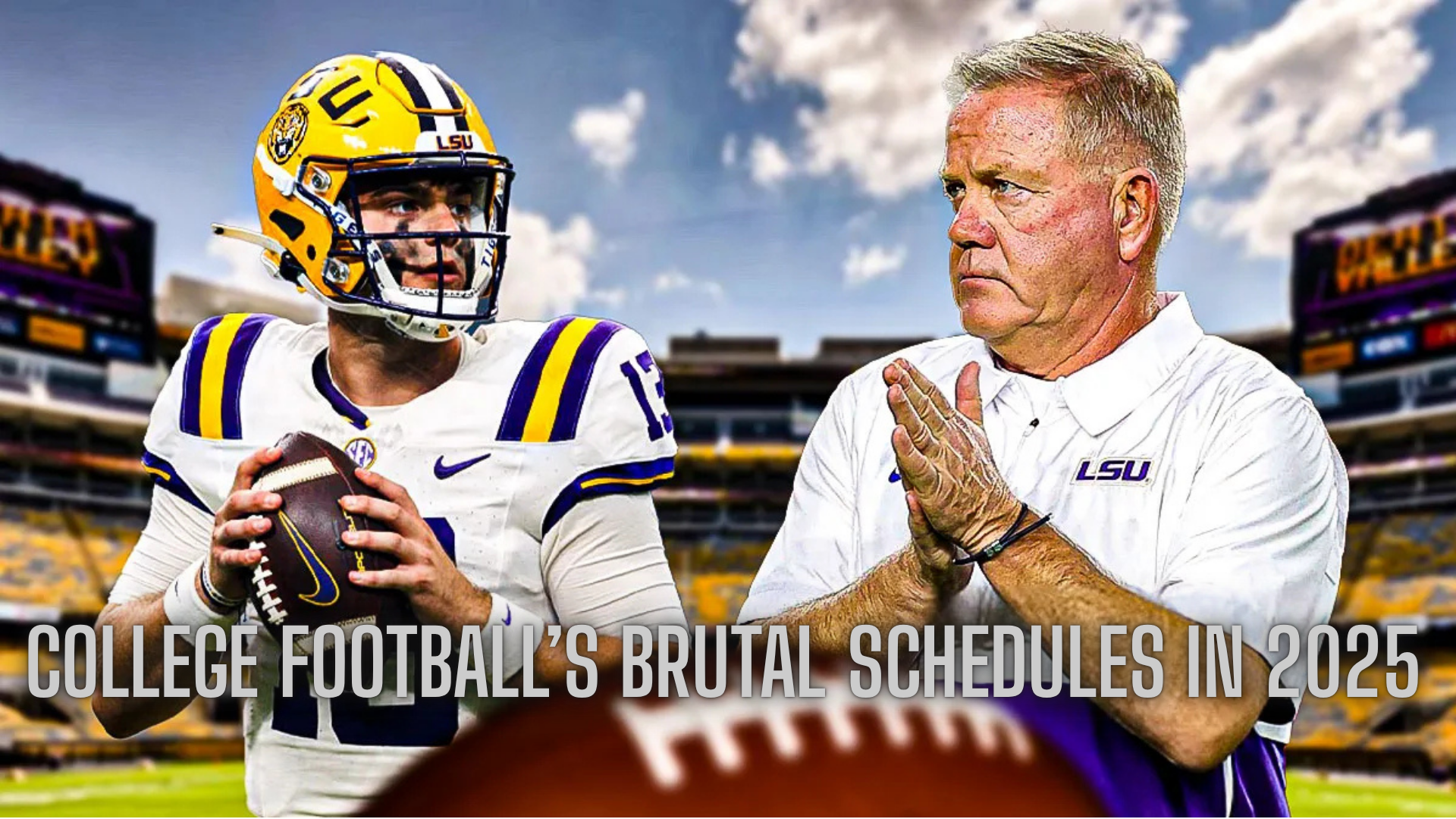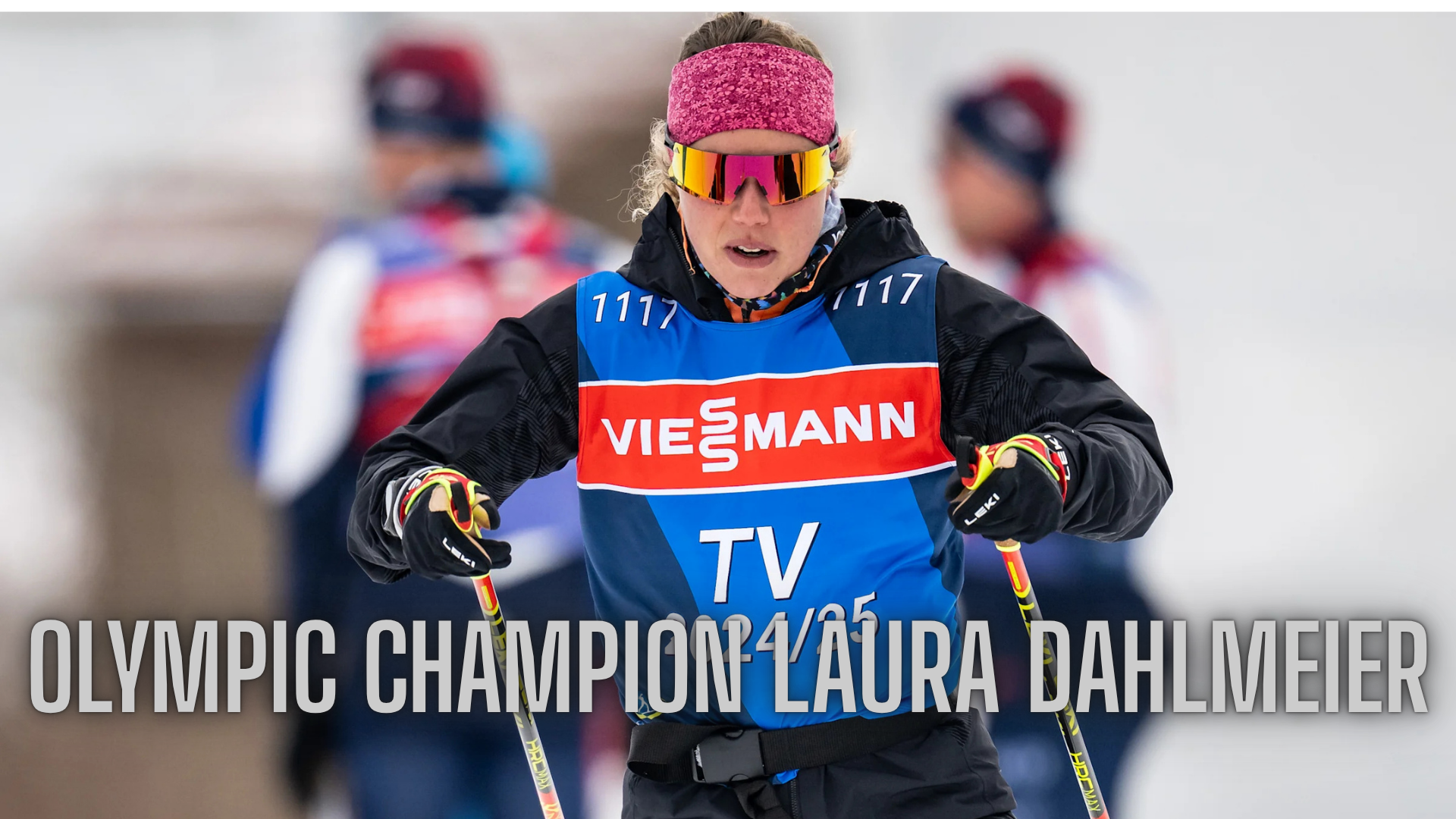FRISCO, Texas — As Big 12 football media days kicked off under the vaulted roof of the Dallas Cowboys’ practice facility, a cloud of confusion hung over the event. The game on the field may be the same, but the rules off it have changed dramatically — and no one seems to know exactly how.
Arizona State head coach Kenny Dillingham summed it up succinctly:
“We don’t know the rules.”
That uncertainty, shared by coaches and administrators across the conference, comes in the wake of the NCAA’s recent antitrust settlement. This landmark agreement has officially opened the doors to revenue-sharing with athletes, changing the landscape of college football recruitment and competition — and sparking chaos in the process.
A New Era Begins — But With No Clear Playbook
Coaches Caught in the Crossfire
Dillingham wasn’t alone in his frustration. At the Big 12 media day, coach after coach echoed the same sentiment: the new system is unpredictable, unevenly enforced, and ripe for exploitation.
Cincinnati’s Scott Satterfield put it bluntly:
“We are not playing by the same rules. Especially this past spring — some schools front-loaded millions, while others had to wait.”
Across the conference, coaches say schools are pushing the envelope by:
- Promising guaranteed third-party NIL deals (a violation of the new rules)
- Offering high school players illegal incentives
- Front-loading millions before July 1 to beat the enforcement deadline
How NIL Front-Loading Skewed the Playing Field
Texas Tech’s Big Bet
Texas Tech emerged as a clear example of front-loading at scale. The program reportedly spent over $50 million on athletes between spring payouts and revenue-sharing deals for the coming academic year. According to head coach Joey McGuire, it was a calculated move backed by institutional commitment:

(Icon Sportswire via Getty Images)
“We’ve got to recruit at this level if we’re going to be in the same conversation as the SEC and Big Ten.”
The Financial Arms Race
Texas Tech wasn’t alone. According to NIL platform Opendorse, collective spending in June was up 800% compared to last year. Another platform, Teamworks, reported $71 million in athlete payouts through their system in a single month.
Baylor’s Dave Aranda emphasized the recruiting edge this creates:
“Front-loading gives you the ability to make big-time payments this year and close out guys.”
Enforcement Uncertainty — Who’s Policing This?
The newly formed College Sports Commission and the Deloitte-run NIL clearinghouse are tasked with reviewing NIL deals and ensuring compliance with the revenue-sharing cap. But early indications suggest the process is already bogged down in legal red tape.
According to sources, only one-third of the 1,200+ submitted NIL deals have been approved. About 80 deals were denied, with many resubmitted for a second look.
Even more troubling: the rules themselves are still being finalized in negotiation with House case attorneys. These include:
- Prohibitions against guaranteed third-party NIL offers
- Limits on contracts with high school players
- Requirements that all NIL contracts fall within a “fair market value” range
What Happens Next?
August 1 Offer Date Looms
August 1 marks the official NCAA offer date — the first day schools can formally present revenue-share contracts to prospects. Yet many programs have already begun informal discussions, further complicating compliance efforts.
UCF coach Scott Frost expressed concern about the direction things are heading:
“Some of these freshman offers out there — it’s like they’re pretending the cap doesn’t even exist.”
Kansas State’s Chris Klieman added:
“You can’t be mad at the front-loading schools — it was legal. But the real chaos starts at the end of this season. Then we’ll see who’s really playing fair.”
Commissioner’s Confidence — But Doubts Persist
Big 12 commissioner Brett Yormark remains optimistic that the new enforcement structures will ultimately create balance.
“In theory, the settlement should level the playing field. But enforcement will decide whether that’s true.”
Behind the scenes, attorneys like Jeffrey Kessler and Steve Berman — key players in the antitrust settlement — hold final approval over the rules and penalties that will guide enforcement. Their decisions in the coming months could define the future of college football recruiting.
The Bottom Line
For now, Big 12 coaches are preparing for battle — not just on the field, but in recruiting rooms, booster meetings, and NIL negotiation sessions. The only certainty is that uncertainty reigns.
Dillingham warned of long-term consequences:
“Eventually, someone’s going to have to tell players they’ll be paid less. We may have set a standard that’s unsustainable.”
Until the rules are clarified — and consistently enforced — the new NIL era is less “regulated market” and more Wild West 2.0.

FAQ
Big 12 NIL Rules & Front-Loading Explained
Q1: What is front-loading in NIL?
A: Front-loading refers to schools paying athletes large NIL deals before the July 1 implementation date of the new revenue-sharing system. By doing so, they bypassed the stricter post-settlement rules.
Q2: Is front-loading legal?
A: Yes, if done before July 1, 2025, it was legal. However, it has created a recruiting imbalance, especially for schools that didn’t have the financial capability to do so.
Q3: What is the NIL clearinghouse?
A: It’s a Deloitte-managed system designed to review and approve NIL deals, ensuring they fall within fair market value and comply with the NCAA’s new compensation cap.
Q4: When can schools officially offer NIL revenue-share deals?
A: August 1, 2025, marks the first official offer date. Before that, any compensation discussions are considered informal or unofficial.
Q5: Will rules be enforced fairly across all programs?
A: That remains to be seen. Coaches fear inconsistent enforcement, while the NCAA and legal partners say a stricter, centralized system is being finalized.



